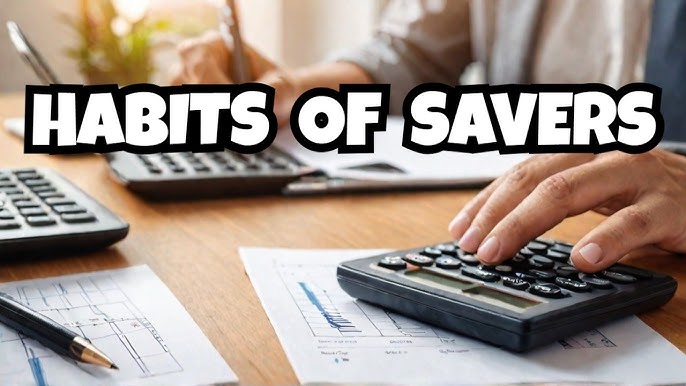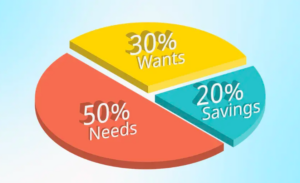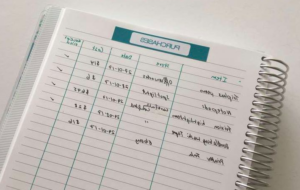Introduction to Frugal Living
Frugal living often gets a bad reputation. Many people mistakenly associate it with penny-pinching, deprivation, or giving up all the joys in life. But the truth is far from that. True frugality isn’t about denial – it’s about finding value and being intentional with how you spend. It’s about aligning your spending habits with your priorities rather than wasting money on things that don’t genuinely matter to you. This approach paves the way for financial freedom and allows room to focus on what brings you happiness and fulfillment.
Budgeting as a Foundation
At the heart of frugal living lies budgeting. Creating a budget is like building the blueprint for your financial home. Without one, it’s easy to lose track of where your money is going. Start by documenting all your expenses and income. This simple habit ensures that you know exactly how much comes in, how much goes out, and where it all goes. Tools like budgeting apps or spreadsheets can help streamline the process, letting you organize spending categories and track trends over time. Once you have a better understanding of your financial inflows and outflows, you can identify areas to cut back and redirect those funds toward meaningful goals.
Smart Shopping Strategies
Shopping doesn’t mean splurging, and it doesn’t have to drain your finances. Adopting smart shopping strategies can go a long way in saving money while still purchasing what you need. Start by comparing prices online before heading out – you’d be surprised how often one store has a better deal. Use coupons, cashback apps, or discounts to your advantage whenever possible. Also, consider buying generic brands, especially for everyday items – they often provide the same quality as name brands. Beyond retail, prioritize buying only what you truly need and avoid falling into the trap of “sales” that aren’t necessary purchases to begin with.
Reducing Housing Costs
Housing is likely among the largest expenses in most budgets, which makes lowering it a significant goal for those practicing frugal living. Downsizing your living space is one powerful option to reduce costs if you have more room than necessary. Alternatively, consider bringing in a roommate to share the expenses, such as rent and utilities. If you own a house, refinancing your mortgage could reduce monthly payments depending on interest rates. Simple adjustments like reducing energy usage or sealing drafts can also help lower utility costs, further easing the financial load of housing expenses.
Transportation Savings
Transportation, much like housing, can be a major drain on finances. Assess your options – does your daily routine require owning a car, or could you explore alternatives? Public transportation, carpooling with colleagues, or even biking can be much more economical. If driving is non-negotiable, maintaining your vehicle regularly helps avoid costly repairs and ensures better fuel efficiency. Additionally, plan your trips efficiently to minimize unnecessary driving, which not only saves money but is also kinder to the environment.
Dining Out on a Dime
Eating out tends to account for a significant portion of discretionary spending – and it adds up quickly. The good news? You can still enjoy dining out without overspending. Look for deals or promotions at your favorite restaurants, or stick to smaller outings like coffee dates instead of full sit-down meals. Cooking at home, though, is where the magic truly happens for frugal living. By meal-prepping and planning your grocery shopping, you can save far more than you might realize while still enjoying delicious, personalized meals.
Entertainment Without Spending
Frugal living doesn’t mean giving up fun; it just means finding ways to enjoy life without paying a premium. Many cities and towns offer free or low-cost entertainment options. Explore local parks, trails, libraries, or community events – they can be surprisingly rewarding experiences. If you enjoy movies or music, take advantage of streaming services or attend free local concerts. Cultivate hobbies like reading, crafting, or gardening that bring joy without a hefty price tag. Entertainment doesn’t need to be extravagant to be meaningful; it just needs to align with what you value most.
Debt Reduction Techniques
Living with debt can feel overwhelming, but frugal living creates the room and resources to tackle it effectively. Two popular methods are the snowball and avalanche approaches. The snowball method focuses on clearing smaller debts first, giving you quick wins that build momentum. On the other hand, the avalanche method prioritizes paying off high-interest debts to save more in the long term. Whichever strategy you choose, the crucial step is creating a plan and sticking to it. Redirect any savings from your frugal habits toward debt repayment to accelerate your progress and reduce financial stress.
Investing for the Future
Frugal living isn’t just about saving in the present; it’s also about securing your future. The money you save from cutting non-essential expenses can be redirected into investments and retirement funds. With the magic of compound interest, even small monthly additions to your portfolio can grow significantly over time. Work toward long-term goals like buying a home, building an emergency fund, or achieving early retirement. By living frugally today, you create room for financial stability and freedom in the years to come.
The Mindset of Frugality
Frugality is as much about mindset as it is about money. It’s a lifestyle that prioritizes sustainability, value, and intentionality over thoughtless spending. Focus on what truly matters to you and align your habits accordingly. Instead of feeling restricted, view frugality as a platform that allows you to live a life free of financial worry. It’s also about investing in quality over quantity – whether that’s quality time, experiences, or purchases that last longer and serve you better. A frugal mindset not only uplifts your bank balance but also enriches your overall life experience.
Unlocking Financial Freedom with Smarter Habits
Frugal living is not about giving up what you love—it’s about making smarter choices and focusing on what truly adds value. By adopting these habits, you can reduce financial stress, achieve your goals, and create a richer, more meaningful life. Start small, experiment with what works for you, and watch how simple changes can make a big difference.
If financial independence calls your name, there’s no better time to start practicing frugal living. The steps you take today will shape a brighter, more secure future tomorrow.




